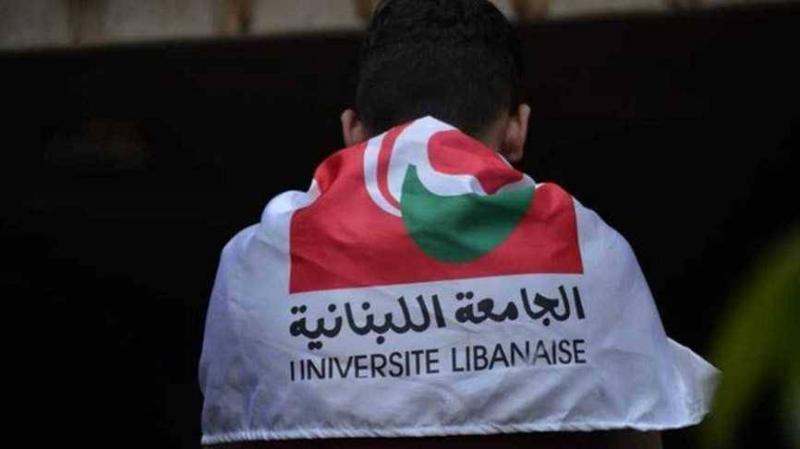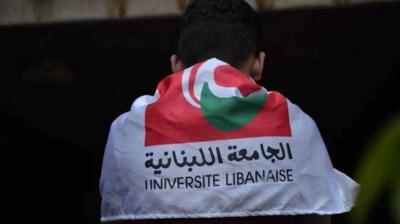Believing in the importance of their educational mission, professors from the Lebanese University responded to the call and joined their faculties despite all the challenges and difficult economic and living conditions, as well as the officially declared strike. After two years of remote learning due to the COVID-19 pandemic, the university announced the start of the academic year with a new decision to raise registration fees and adopt in-person teaching. How does the start of the academic year look?
The president of the Executives Committee of the Association of Full-Time Professors at the Lebanese University, Amer Halwani, confirmed to "Al-Markazia" that "the academic year has started in some faculties, and others will gradually begin receiving students, with in-person teaching scheduled for three days a week," according to the administration. He pointed out that "the biggest challenge facing the start of the academic year is the significant number of professors who have emigrated from Lebanon. This issue was manageable during remote learning, but with in-person classes, the situation is different. Therefore, it may require hiring new professors, and it is not certain that they will be available given the current difficult economic conditions faced by university professors, including those who are permanent staff, especially since those who left are among the qualified and mostly younger faculty."
Halwani praised in-person education, considering that "face-to-face teaching is more effective. Previously, we were forced to adopt the online option, but today we cannot continue with it. Here, we also face another issue regarding students attending their faculties, which may not be feasible for some due to the high fuel prices. We are striving to find a solution to this matter, but we have not managed to secure anything for the students to date. No one has helped us, and our available option may be to turn to municipalities for assistance in securing transportation."
Regarding securing expenses for operational costs such as laboratories, cleaning, electricity, paper, and ink, Halwani responded: "If the new budget is approved, which is expected to be published next Thursday in the official gazette and come into effect, the situation should improve." He emphasized the "necessity for cooperation and sacrifice from both professors and students to save the academic year."
As for the professors' demands, Halwani stated: "We no longer speak of the significant problem of professors' salaries, which no longer suffice for their livelihood and that of their families, because no one is listening; there are no receptive ears. Everyone is aware of the situation of professors, employees, and workers at the Lebanese University, but on the other hand, the state has left them to their fate on the basis of 'go and figure it out yourself,' which poses a real threat to the future of the university. Therefore, every professor tries to secure a better livelihood while waiting for the crisis to resolve."




